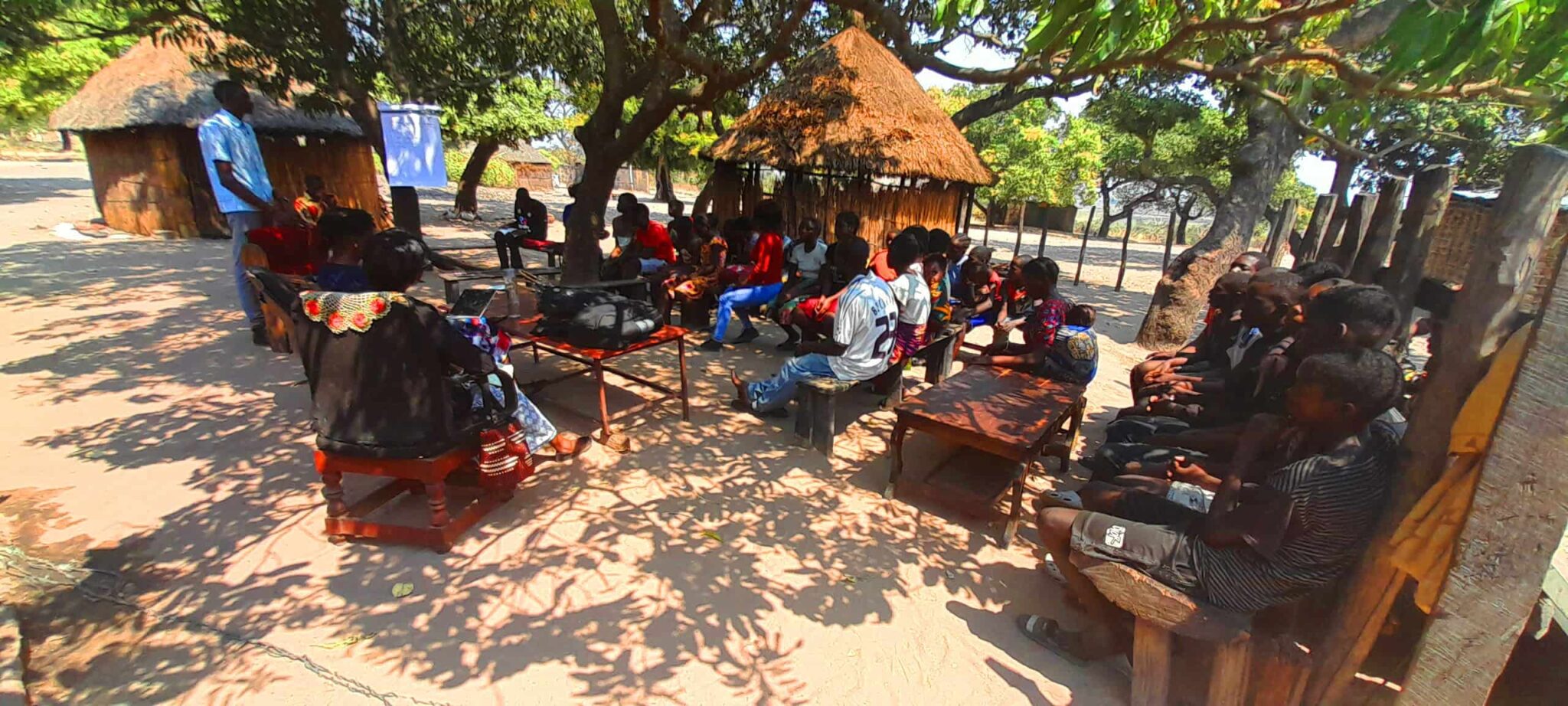Zambia: The Centre for Infectious Disease Research, CIDRZ, launched the Adolescent Friendly services in the western province of Lusaka. This initiative is taken in incredible partnership with the Ministry of Health, Community leaders and the Global Fund.
The Adolescent Friendly Services is under the Community Comprehensive Health Package for Adolescents and Young People (C-CoHP) project.
The C-CoHP project targets Adolescents and Young People aged between 10-24. It offers various health services, including:-
- Family Planning
- Mental Health support
- awareness campaigns
- recreational activities
- GBV support
- mentorship sessions
- skills training in multiple areas.
The project aims to overcome challenges such as distances from health facilities and stigma. It also ensures easier access to essential health services across the community.
The Community Adolescent Friendly spaces is led by Peer Educators under the supervision of health professionals and neighbourhood health committee leaders.
Reportedly, Through these initiatives, Over 37,000 Adolescents and Young People have benefited from these vital services since the programme’s initiation in 2017.
The Adolescent friendly space is a safe place where people can talk about their problems without being judged or discriminated.
Through these initiatives, various services are provided to the people. These services include SRHR, ” HIV/AIDS, mental health awareness, etc.”
Reportedly, the CIDRZ is a Non-Governmental Organisation based in Lusaka, Zambia. The Organisation aims to improve and access quality healthcare through innovative capacity development. It also focuses on implementing various health programmes and schemes. It ensures primary care is accessible to every person in the community.
Through its initiatives, people from any community can join and become a part of this facility. The Adolescent Friendly services have youth-friendly spaces where adolescents meet and discuss issues affecting them.
Peer educators from different health facilities meet to interact and educate through songs, poems, sketches and dance about the importance of involving adolescents. They also learn about special needs and disability inclusion in Adolescent health programs.

